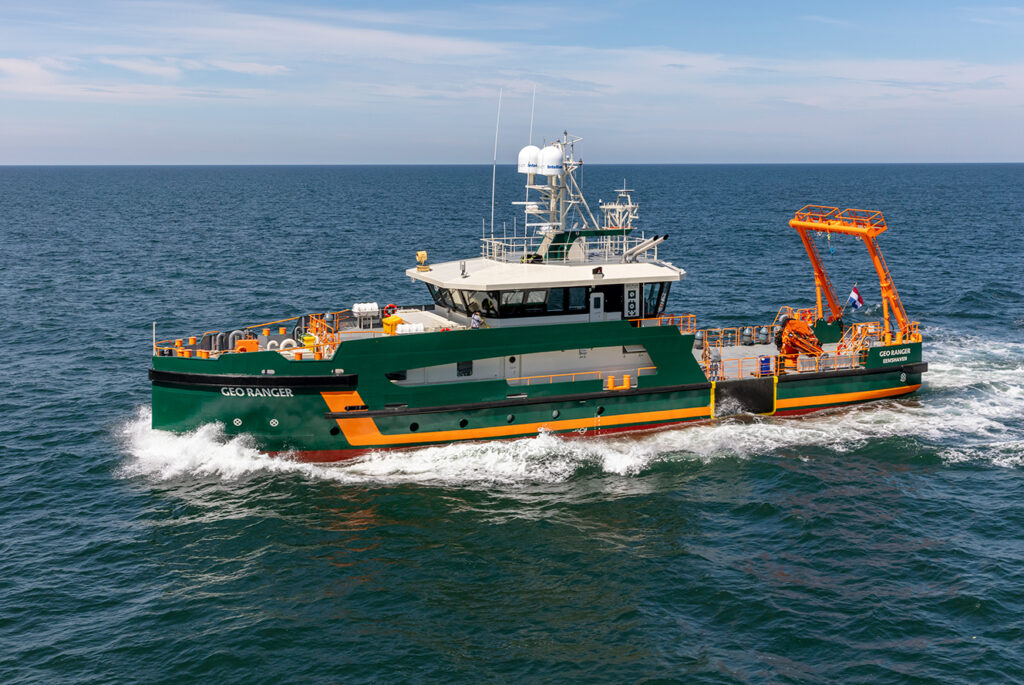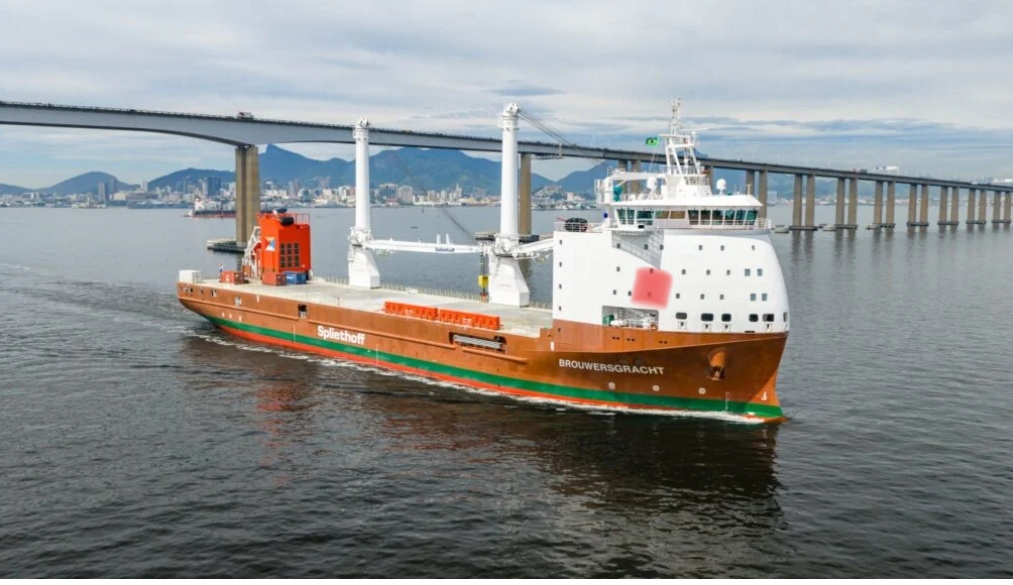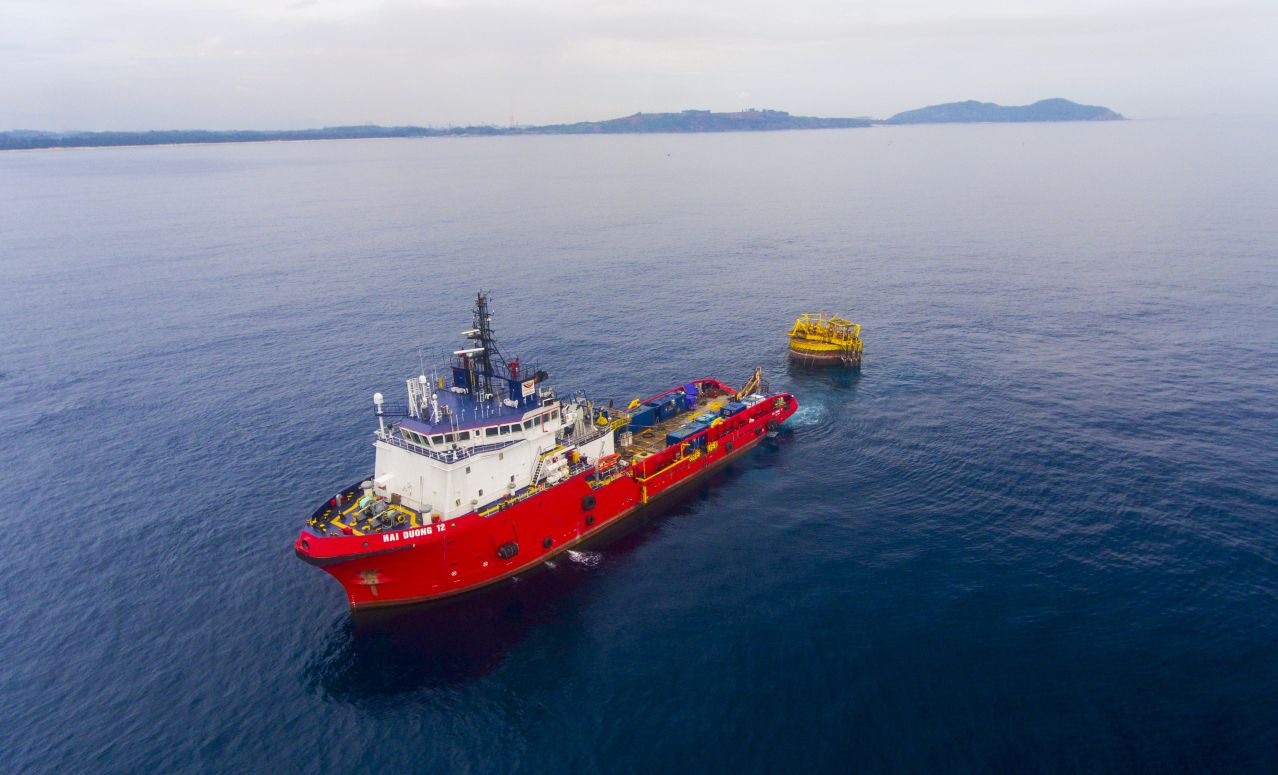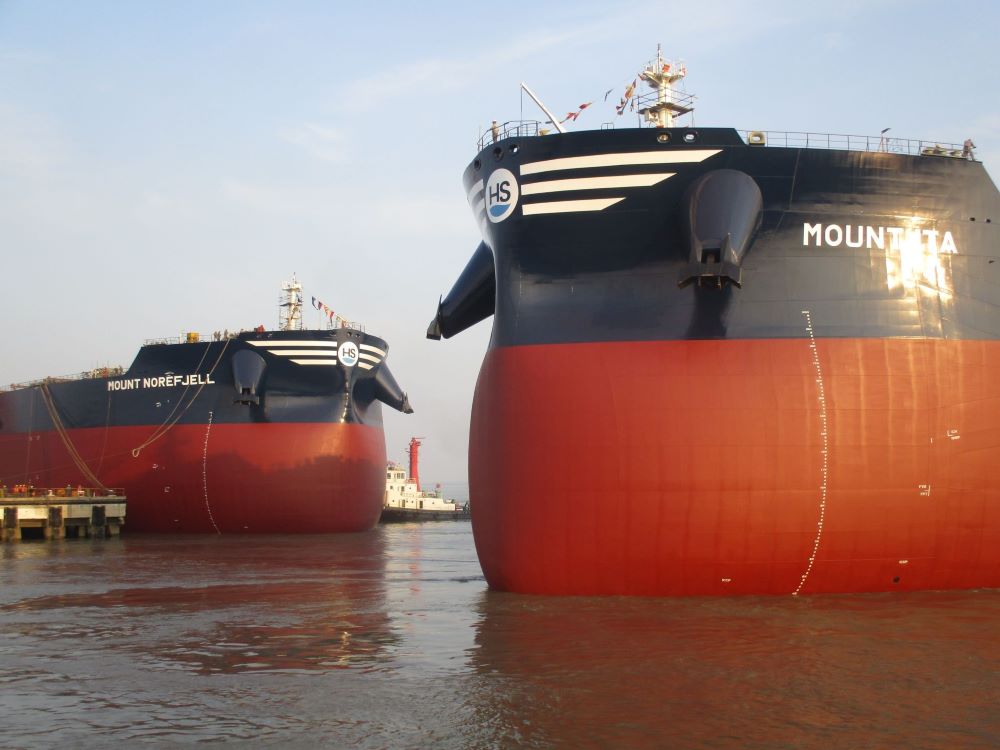新一代碳中和甲醇燃料船
作者: 发布时间:2021年09月08日 浏览量:746 字体大小: A+ A-
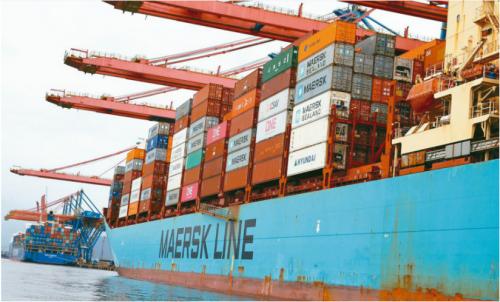
图片来自网络,版权属于原作者
来源:Offshore Energy 2021-09-07
翻译:国际海事信息网 赵扬捷 张运鸿
美国船级社和技术咨询服务机构ABS透露,马士基新的碳中和甲醇燃料船队将按照其船级社的标准建造。
丹麦集装箱航运巨头马士基上个月签订了8艘甲醇燃料集装箱船的订单。
这些船将由韩国现代重工集团(HHI)建造,运力约为16000个集装箱。新集装箱船的总价格为1.65万亿韩元(14亿美元)。
据该公司称,该系列新船将取代老式船舶,每年可减少约100万吨二氧化碳的排放,并形成规模化的碳中和运输。
此外,这些集装箱船能够使用碳中和的电制甲醇或可持续的生物甲醇,并具有双燃料发动机设置,以便能够使用传统的低硫燃料。
发动机制造商德国曼集团(MAN)能为这些船舶提供B&W 8G95ME甲醇(LGIM)动力双燃料发动机。
马士基高级副总裁、首席技术官帕勒·劳尔森(Palle Laursen)说:“航运业去碳化需要整个生态系统的合作和创新,因此我很高兴美国船级社ABS和其领先的专业知识与我们一起踏上这段旅程。”
“我们承诺2030年船队的二氧化碳排放量相比2008年减少60%,而这些甲醇燃料船将会发挥重要作用。”
美国船级社ABS主席、总裁和首席执行官Christopher J. Wiernicki说:“可持续的全球贸易不仅是我们行业的当务之急,也是整个世界的当务之急。”
以甲醇为燃料的支线船和在未来的新船上安装双燃料发动机的决定是马士基目前正在进行的船队更换计划中的一部分。
根据其脱碳战略,马士基的目标是到2030年拥有商业上可行的净零排放船舶,并在2030年实现二氧化碳排放量相比2008年减少60%。
(本文版权归国际海事信息网所有,图片版权归原作者,转载请注明出处。)
ABS to class Maersk’s methanol-fuelled vessels
U.S. classification and technical advisory services provider ABS has revealed that Maersk’s new carbon-neutral methanol-powered fleet is to be built to ABS Class.
Danish container shipping giant Maersk placed an order for a total of eight methanol-powered containerships last month.
The vessels will be built by Hyundai Heavy Industries (HHI) and have a nominal capacity of approximately 16,000 containers. The total price tag for the new boxships was KRW 1.65 trillion (US$1.4 billion).
The series will replace older vessels, generating annual CO2 emissions savings of around 1 million tons and offer carbon-neutral transportation at scale, according to the company.
Furthermore, the containerships, which will be capable of operating on carbon-neutral e-methanol or sustainable bio-methanol, will feature a dual-fuel engine setup, to enable operation on conventional low sulphur fuel.
German engine manufacturer MAN Energy Solutions has been contracted to supply the vessels with B&W 8G95ME liquid gas injection methanol (LGIM) engines.
“More than anything, decarbonizing shipping requires collaboration and innovation across the ecosystem, so I am pleased to have ABS and its leading expertise with us on this journey,” said Palle Laursen, Senior Vice President, Chief Technical Officer of Maersk.
“Our methanol-fueled vessels will play a significant role in reaching our commitment of 60 percent CO2 fleet reduction by 2030 compared to 2008 levels.”
“Sustainable global trade is an urgent priority not just for our industry, but the entire world,” said Christopher J. Wiernicki, ABS Chairman, President, and CEO.
Both the methanol-fueled feeder vessel and the decision to install dual-fuel engines on future newbuildings are part of Maersk’s ongoing fleet replacement plans.
In line with its decarbonization strategy, Maersk aims to have commercially viable, net-zero vessels on the water by 2030, and to deliver a 60% relative reduction in CO2 emissions by 2030 compared to 2008 levels.
来源:simic
今日要闻
图片新闻
海外传真
热点报道



